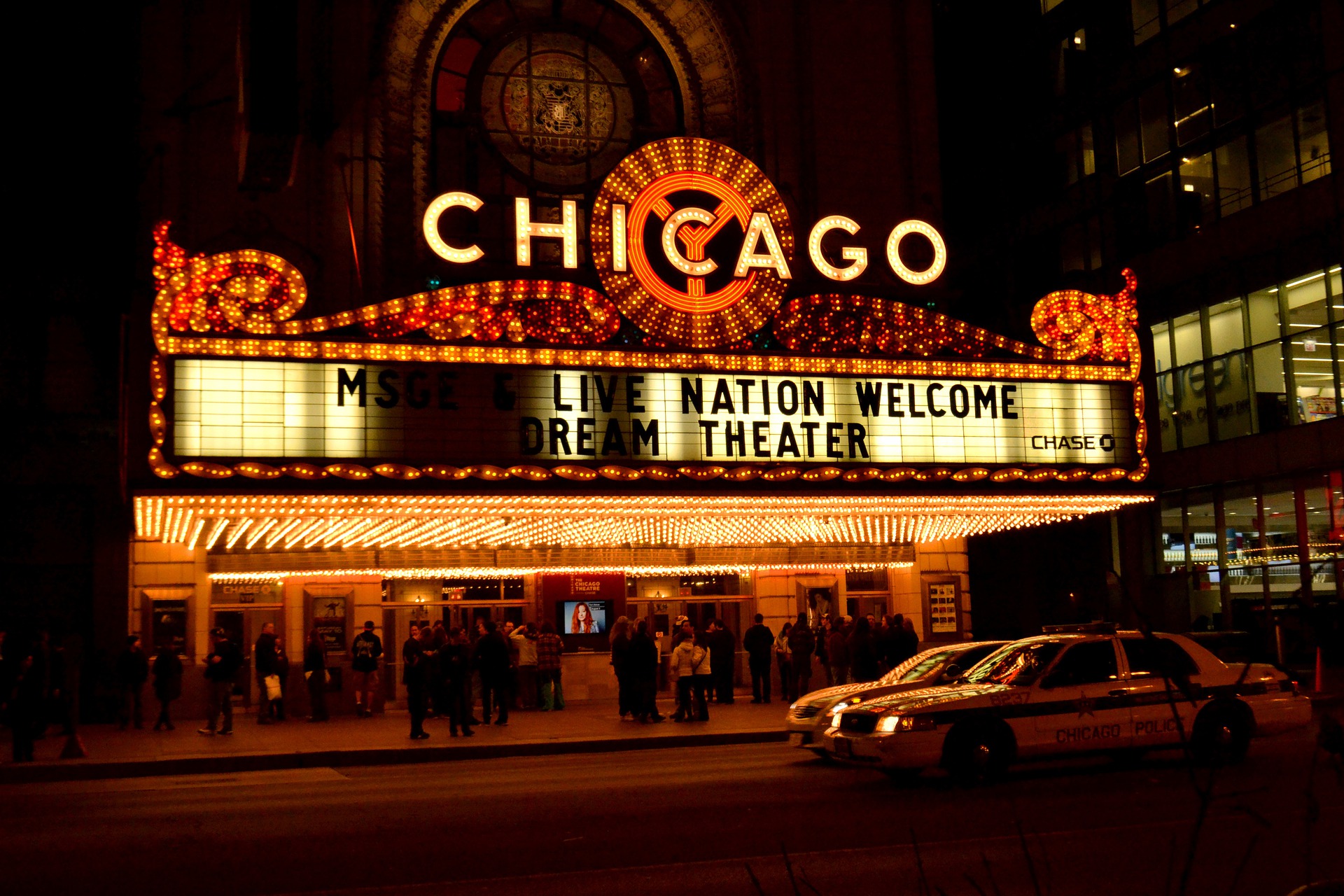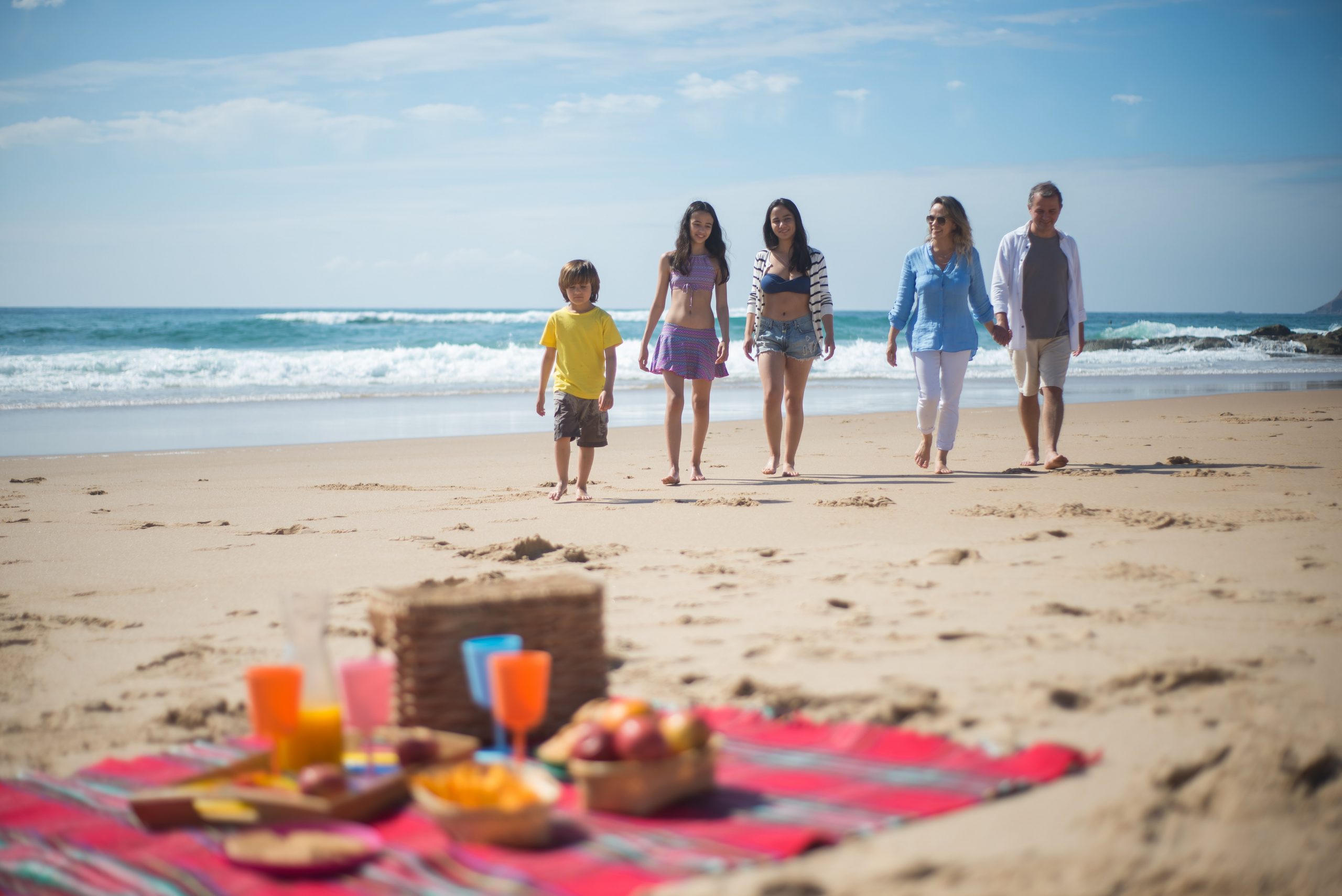Over the last several years, there has been a growing population of travelers who are planning their vacations specifically to incorporate various cuisines and cultures from countries all over the world. One of the main reasons for this explosion in culinary tourism is because of the numerous wine, beer, and food festivals that are held throughout the year. Unlike traditional tourism, food tourism focuses on the various culinary experiences that one can have when traveling. According to the Ontario Culinary Tourism Alliance, (OCTA), culinary tourism refers to “any tourism experience where one learns about, appreciates, and consumes food and drink that reflects the local cuisine, heritage, culture, tradition, and culinary technique.
Promoting Food Tourism
As food tourism becomes increasingly popular, hotels and tour agencies can promote a specific country’s cuisines by organizing regular tours focusing specifically on local food. Social media will play a vital role in driving the interest and enthusiasm in travel food experiences, making culinary tourism extremely popular among millennials who share their everyday food experiences on social media. It is entirely possible for marketers to gain additional promotion by organizing events and encouraging millennials to share their experience on their social media pages. A study recently released by the United Nations World Tourism Organization found that food events are the most popular tourism product, followed by workshops and cooking classes, along with food fairs promoting local products.
Social Media for Food Tourism
Current culinary tourism trends include food Instagram accounts with reviews, video, and recommendations and food bloggers. Food photography has quickly become one of the most popular forms of Instagram posts, along with fashion and photography. Another strategy that hotels and tour agencies can utilize is to enlist the help of social media influencers, to help contribute to increasing the publicity of hotels or restaurants. By allowing food bloggers to take pictures, write reviews, and share their experiences restaurants can generate visual content for their business. According to Social Media Examiner, 37 percent of marketers considered visual marketing to be the most significant form of content.
Workshops and Cooking Classes
Another favorite culinary tourism product is workshops and cooking classes. Cooking classes are relatively common in many different countries, including France, Japan, and Italy. These types of events allow tourists to visit local gardens or villages to collect the ingredients they need to cook meals from scratch. It is an entirely new culinary tourism experience because you gain the hands-on experience of cooking the local dishes rather than watching it be prepared on television.
Culinary Tourism Promotes Destination Marketing
Food has become an integral part of the cultural experience, and food tourism is playing an increasingly more important role in promoting destination marketing. Hotels and tour agencies can create relevant content as part of their destination-marketing strategy. This allows tourists to thoroughly plan their trips and know which places are best to visit and what food and drinks they should try.
Gaining culinary experiences are becoming more and more a focus when it comes to travel. As a new trend with a high amount of interest, there are several digital marketing trends that restaurants, hotels, and travel agencies need to catch up with by focusing their content strategy and development around culinary tourism.






